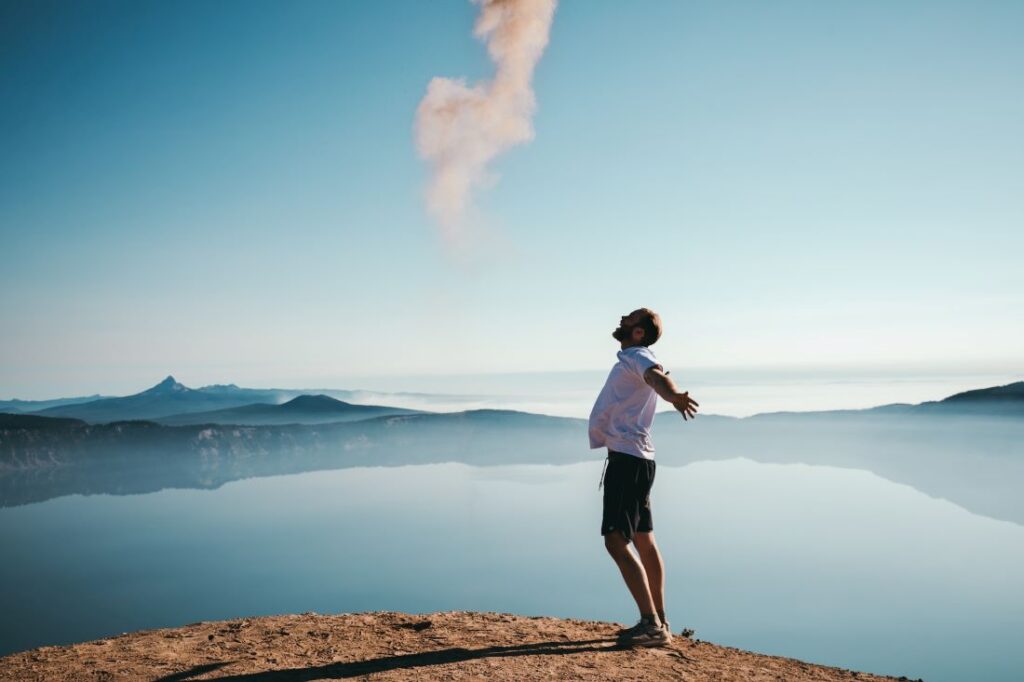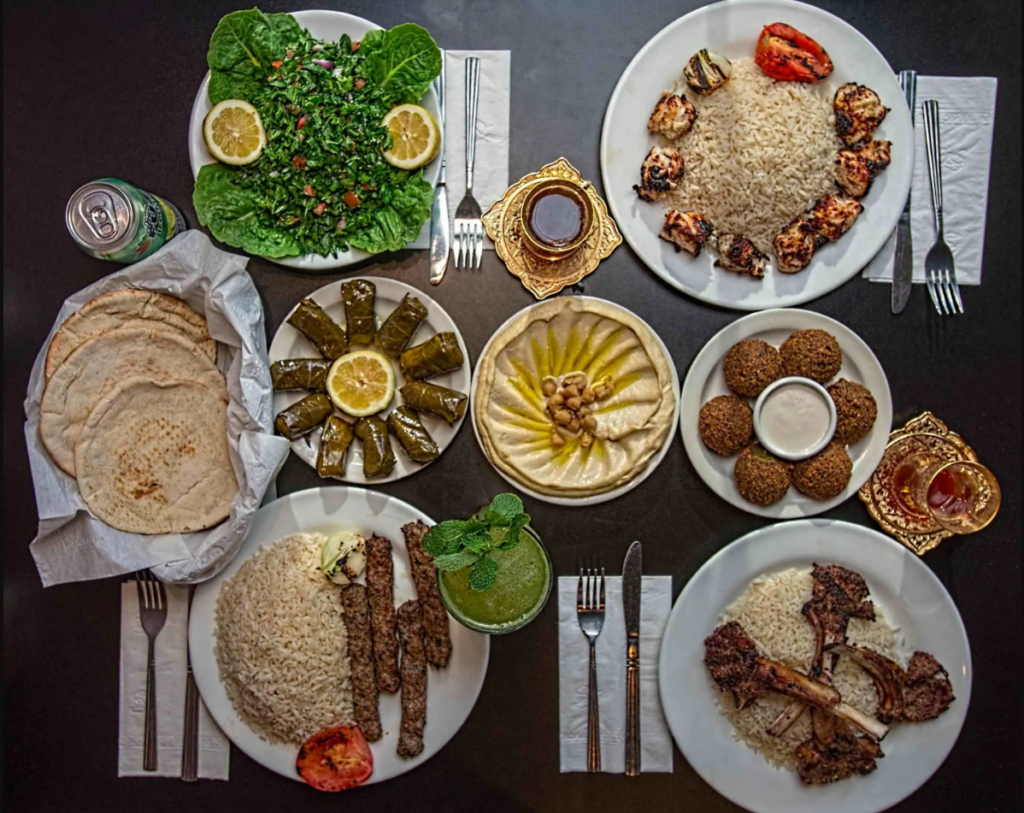Is mindfulness all about our own self-care, or can we extend it to care for others? For Thanksgiving, this is especially what we should do. This year let’s be mindful of our modern comforts, who may suffer as a result, and how we even got here in the first place.
A Brief History
Before the first Thanksgiving feast in 1621, the Wampanoag (of Massachusetts and Rhode Island) already had contact with Europeans since the 1500s. They were heavily plagued by foreign diseases, had their provisions raided by foreigners, and were sold into slavery. While also trying to ward off disputes with tribal enemies, the Wampanoag fought to preserve their culture.
Eventually, Chief Massasoit made an alliance with English pilgrims. In exchange for teaching them how to fish, forage, and cultivate, there would be peace between both parties and an alliance to ward off the enemy tribe. The pilgrims’ first harvest was fruitful. They celebrated with a three-day feast, which the Wampanoag supposedly contributed to. But the English often violated their agreement, and war broke out a few years later.
In Canada, the origin of Thanksgiving is unclear. It was either requested in 1859 by Protestants as a day to thank God, or a way for French colonists to thank the Mi’kmaq for teaching them how to survive.
Creating New Traditions
For many, Thanksgiving is a day to remember Native Americans who were killed in genocides. Still, some Native Americans gather with family to express gratitude and reclaim this holiday. The late Wamsutta James, former leader of the Aquinnah Wampanoag, established the National Day of Mourning on Thanksgiving after he was banned from giving his speech at Plymouth Rock — where the first feast took place — that would reveal the truth. So, he gave it elsewhere.
Today, people still celebrate the National Day of Mourning. Non-natives may also decolonize their celebrations by joining in wherever they are, in their own way, even if it’s fasting or not taking part in mainstream observances. It’s hard not to dine with loved ones because Thanksgiving is so popular; it’s possibly one of the only times we get to spend with them. So, aside from learning the truth behind Thanksgiving, we can still gather.
Overindulgence Harms the Planet
We can easily overindulge by loading up on a mountain of food or drinking too much. But do we think about how lucky we are to have access to such an amount, especially in one day?
Growing up, when my family got together, we’d fill several garbage bags of Styrofoam plates, scraps, paper towels, plastics, and cans — but it doesn’t have to be like this. Buy natural decorations or don’t decorate at all. Don’t eat more than you need. Store leftovers in glass containers, beeswax wraps, or aluminum — all more sustainable options.
Mind the Animals On Your Plate
Did you know 46 million turkeys are killed every year for Thanksgiving? Imagine the animal suffering and carbon emissions implicated in that. It’s no secret that factory farm animals live miserable lives, but this is the perfect time to discover the extent to which they do. Dominion is a great free documentary to start educating yourself. However, if you’re going to eat an animal, get it from a farm that treats its animals better, if you can.
Either way, give thanks to all the food and natural resources you have. In every step of the process, from farm to table, humans take part in the making of your food, so it’s worth being mindful of that as well.
Josephine Mwanvua | Staff Writer










